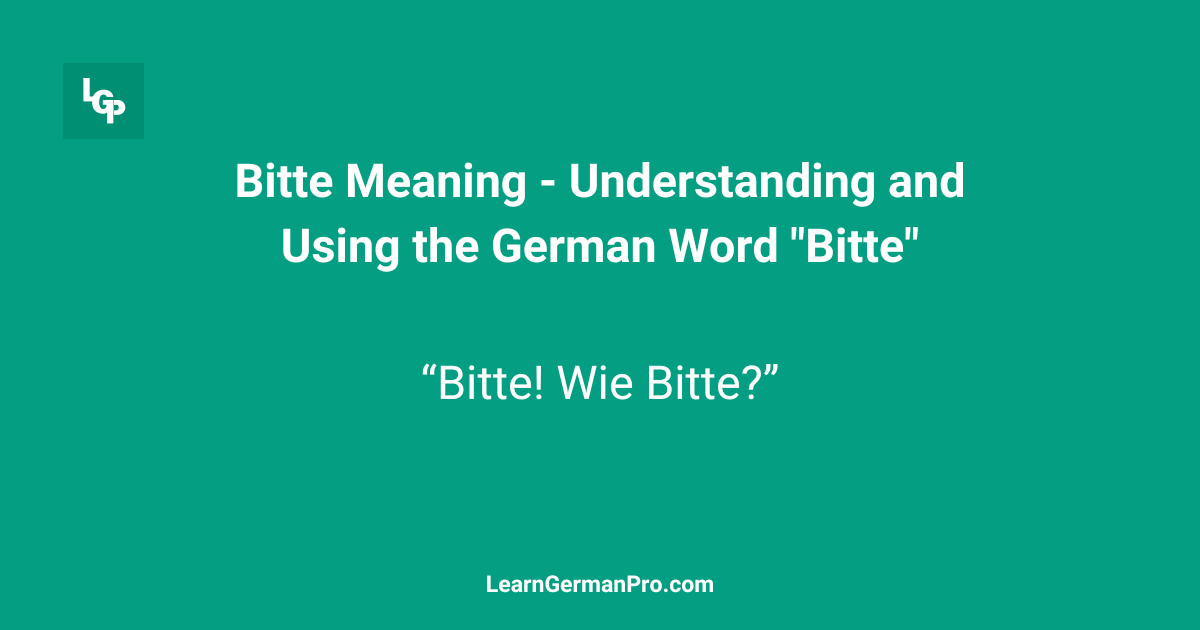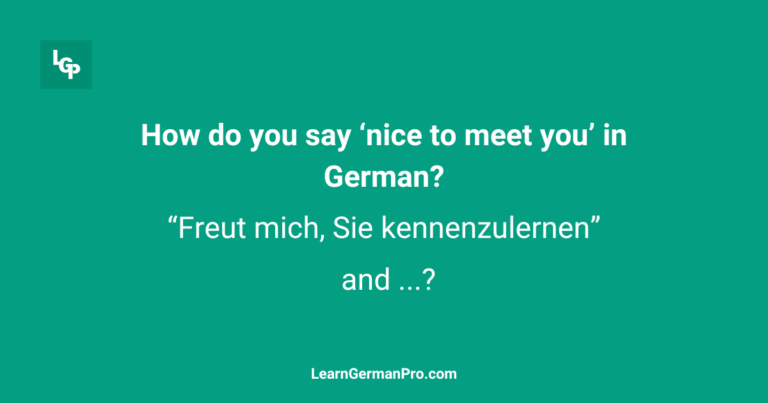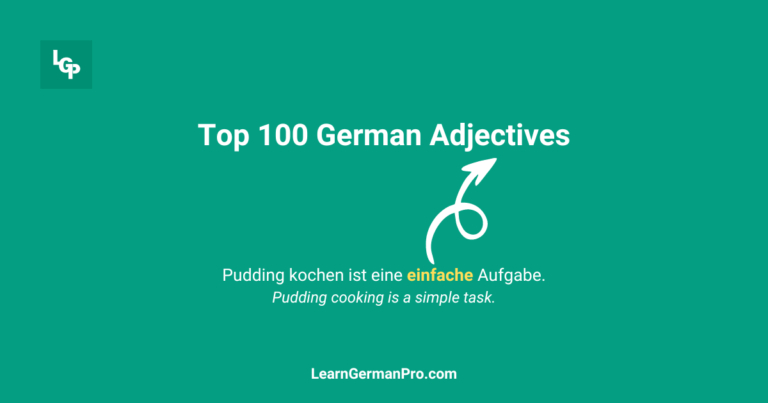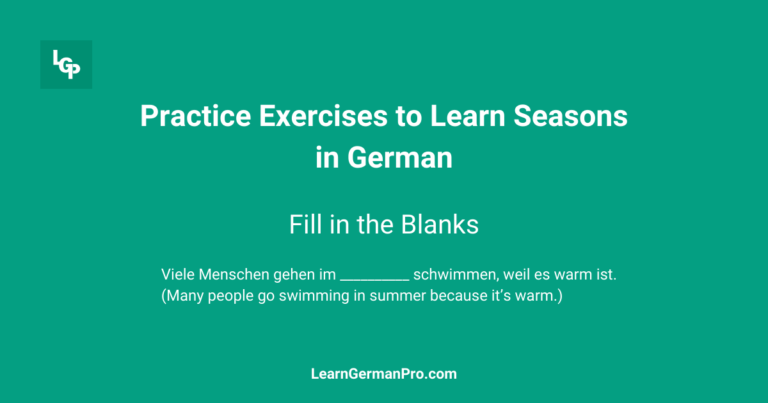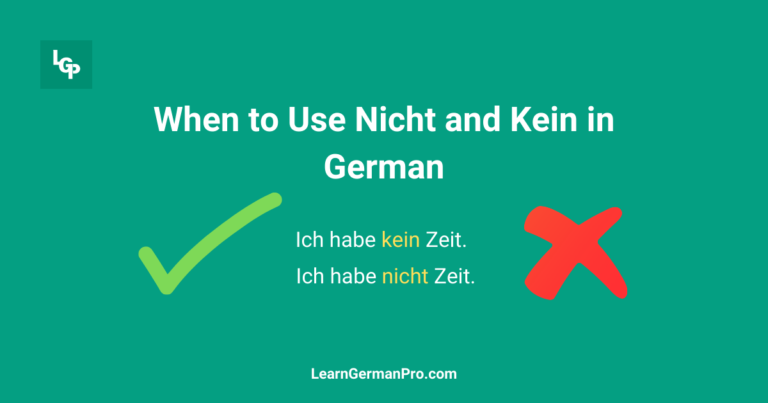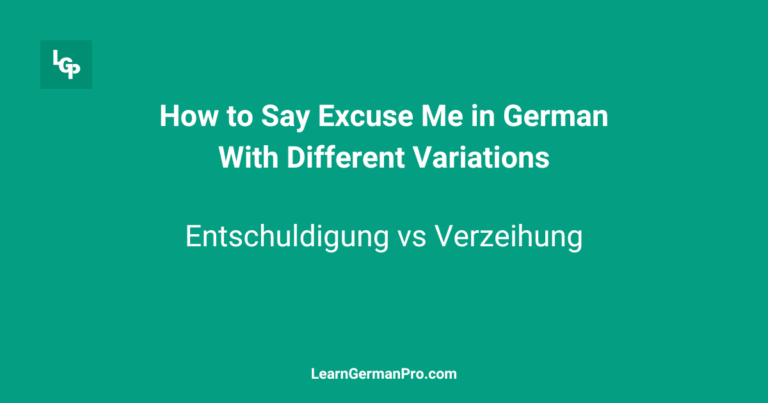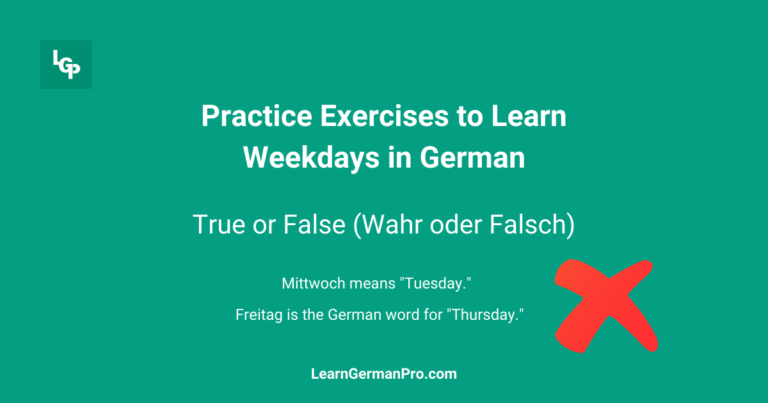Bitte Meanings – Understanding and Using the German Word “Bitte”
If you’ve ever dabbled in learning German, you’ve likely come across the German word bitte. It’s one of those versatile words that pops up in various situations, and depending on the context, it can mean different things. In this article, we’ll explore the many facets of bitte and how to use it correctly in German conversations.
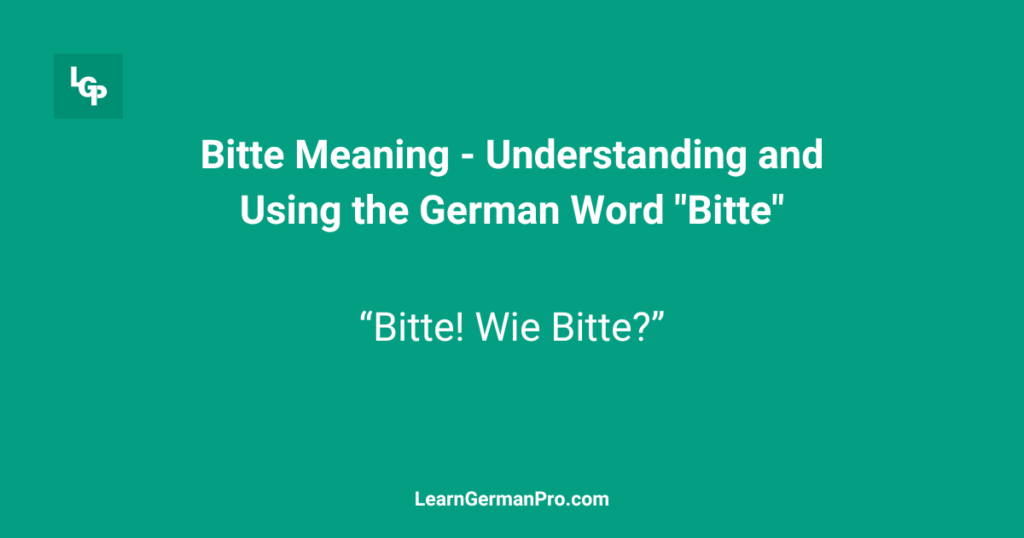
What Does ‘Bitte’ Mean in English?
The word bitte in German is most commonly translated into English as please. However, it doesn’t stop there. let’s explore some different meanings of bitte. Bitte can also mean “you’re welcome”, “here you go”, “pardon”, and even “go ahead.” It’s a small word, but it carries a lot of weight in everyday German interactions.
Common Uses of Bitte in German
- Asking for Something Politely:
- The most straightforward use of German bitte is when you want to ask for something politely. For example:
- Kannst du mir das Salz geben, bitte? (Can you pass me the salt, please?)
- Brot und wasser bitte. (Bread and water, please).
- Ja bitte (Yes, Please)
- Nein bitte (No please)
- Here, bitte directly translates to “please,” making your request more courteous.
- The most straightforward use of German bitte is when you want to ask for something politely. For example:
- Responding to ‘Danke’ (Thank You):
- In response to “danke” (thank you), you’ll often hear “bitte,” which in this context means “you’re welcome.”
- Danke für die Hilfe! (Thanks for the help!)
- Bitte! (You’re welcome!)
- It’s a simple and polite way to acknowledge gratitude.
- In response to “danke” (thank you), you’ll often hear “bitte,” which in this context means “you’re welcome.”
- Offering Something:
- When handing something to someone, Germans often say “bitte,” which can be understood as “here you go.”
- Hier ist dein Kaffee. (Here’s your coffee.)
- Bitte. (Here you go.)
- This use of “bitte” is casual and common in daily interactions.
- When handing something to someone, Germans often say “bitte,” which can be understood as “here you go.”
- Requesting Clarification or Repeating:
- If you didn’t hear someone or need them to repeat what they said, you can use “bitte” in the sense of “pardon?” or “excuse me?”
- Was hast du gesagt? (What did you say?)
- Bitte? (Pardon?)
- It’s a polite way to ask for clarification.
- If you didn’t hear someone or need them to repeat what they said, you can use “bitte” in the sense of “pardon?” or “excuse me?”
- Granting Permission or Making an Offer:
- Another context where “bitte” appears is when you’re allowing someone to do something or making an offer.
- Darf ich eintreten? (May I come in?)
- Bitte. (Please do.)
- Here, “bitte” is equivalent to “go ahead” or “please do.”
- Another context where “bitte” appears is when you’re allowing someone to do something or making an offer.
Bitte Pronunciation Guide
For non-native speakers, pronouncing bitte correctly might seem tricky, but it’s actually quite simple. It’s pronounced as “bit-tuh.” The “i” sounds like the “i” in “bit,” and the “e” at the end is a soft “uh.” Listening to native speakers or using language apps can help you get the pronunciation just right.
Cultural Significance of Bitte in German
In German-speaking cultures, politeness is highly valued, and “bitte” plays a key role in maintaining that politeness in conversations. Whether you’re in a formal setting or just chatting with friends, using “bitte” appropriately helps you come across as courteous and respectful.
For example, in a restaurant, you might say, “Ich hätte gerne die Rechnung, bitte” (I’d like the bill, please). Not only does this phrase show that you have good manners, but it also makes the interaction smoother for both you and the service staff.
Common Phrases Involving Bitte
To give you a better grasp of how “bitte” is used, here are a few common phrases:
- Bitte schön – Bitte schön can be used to mean “you’re welcome,” “here you go,” or “how can I help you?” depending on the context.
- Wie bitte? – This phrase is used to ask someone to repeat themselves, similar to “excuse me?” or “pardon?”
- Bitte sehr – Similar to bitte schön, this can be used when handing something over or responding to thanks.
FAQs About ‘Bitte’
Q: Can ‘bitte’ be used in formal and informal situations?
A: Yes, “bitte” is versatile enough to be used in both formal and informal settings. Just adjust the rest of your language accordingly.
Q: What’s the difference between bitte and bitte schön?
A: Bitte schön is slightly more formal and can add a touch of emphasis. It’s often used to be extra polite or when handing something over.
Q: Is it rude not to say bitte in Germany?
A: While it may not be considered outright rude, omitting “bitte” can make you seem less polite. It’s always a good idea to use it to show respect and courtesy.
Conclusion
So bitte meaning in English is please. The word “bitte” may seem small, but its uses are vast. Whether you’re asking for something, responding to thanks, or offering something, “bitte” is your go-to word. By understanding its different meanings and contexts, you’ll be able to navigate German conversations with ease and politeness.
So, the next time you’re speaking German, remember to sprinkle in a “bitte” here and there—it goes a long way!

